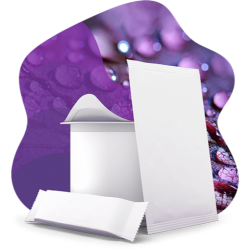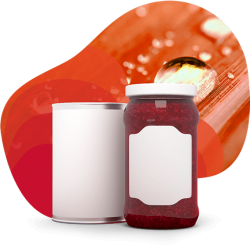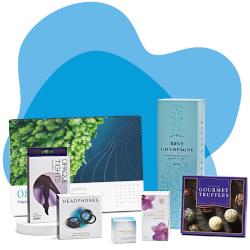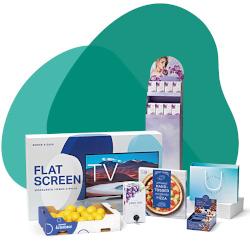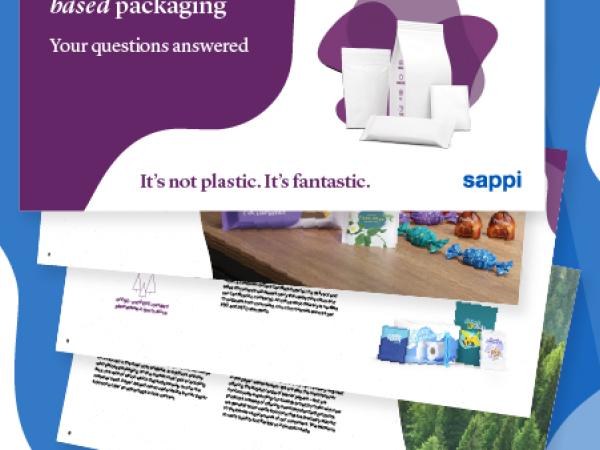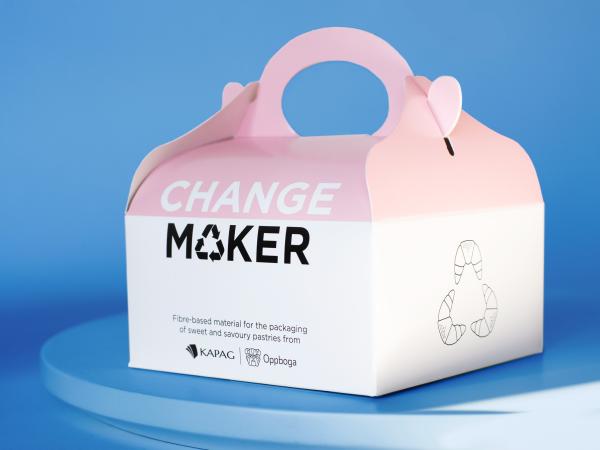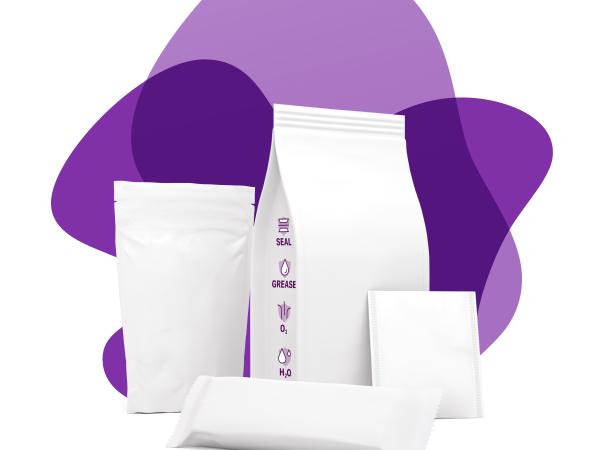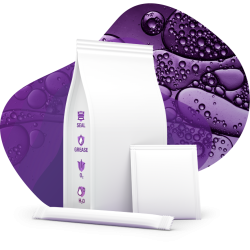
Consumers desire sustainable packaging
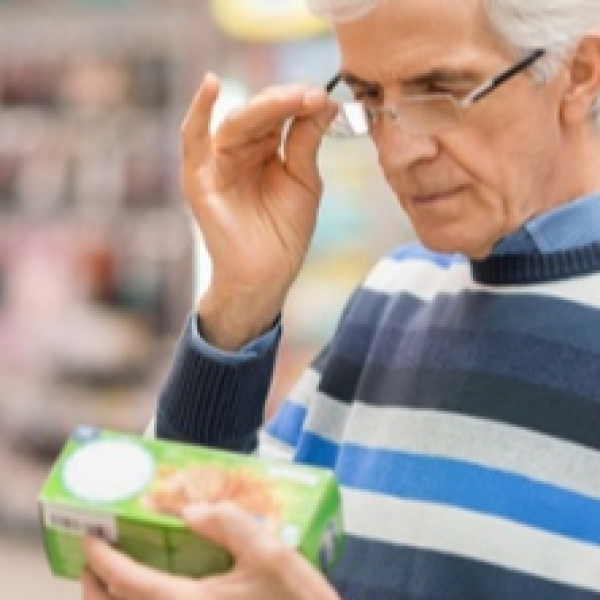
Studies show that consumers value increased sustainability in product packaging.
Whether in politics, the media, among manufacturers or in retail, the subject of sustainability is on everyone’s mind – especially when it comes to packaging. What do consumers actually think about this subject however? There are no fewer than two current studies devoted to this ultra-relevant question. Audit firm PricewaterhouseCoopers (PwC), for example, surveyed thousands of representatively selected German consumers on their acceptance of sustainable packaging for its study "Verpackungen im Fokus – Die Rolle von Circular Economy auf dem Weg zu mehr Nachhaltigkeit"(Focus on Packaging – the Role of the Circular Economy on the Journey to More Sustainability).
The "Untersuchung zur europäischen Verbraucherwahrnehmung von Verpackungen" (European Consumer Packaging Perceptions Study), contracted by the Pro Carton initiative, surveyed an even larger number of participants. The latter involved the independent research group Coleman Parkes Research questioning seven thousand consumers in France, Germany, Italy, Poland, Spain, Turkey and the United Kingdom in order to gather opinions on various packaging materials and identify people’s attitudes towards packaging sustainability.
Women find sustainability more important than men do
The findings of the PwC study are clear: 85 per cent of consumers emphasized that the sustainability of packaging is important to them. That makes sustainability more important to them than even the packaging’s design. Most consumers considered the primary function of packaging to be protecting the product. Furthermore, consumers also highly value good-quality packaging, ease of use and clearly visible product information, such as ingredients and place of origin.
Another relevant insight was found, too – there were significant gender differences when it came to rating product packaging. Women, for instance, more frequently identified sustainability as important than men did in the PwC study. Women also demonstrated a much more critical view of unnecessarily large packaging. As a result, PwC recommends that manufacturers and retailers keep these elements in mind when designing product packaging.
Consumers appreciate recycling
In terms of potential approaches for a solution, there were also very clear preferences among consumers. 95 per cent of respondents spoke in favour of packaging using material that can be recycled well. Against this backdrop, paperboard and paper prove themselves as an ideal material, as the recycling rate for paper and paperboard in Europe is currently at 85.8 per cent.
The recycling rates for other packaging materials such as glass (74.1 per cent) or plastic (42 per cent) are considerably further behind. In any case, plastic does not enjoy a good reputation among consumers when used as a packaging material, according to the PwC study. Nine out of ten respondents were in favour of significantly reducing use of this packaging material.
A similar picture was conveyed by a study initiated by Pro Carton. More than two thirds (68 per cent) of consumers from seven European countries indicated that environmental friendliness is now important or very important to them. This trend is even more clearly distinct among younger audiences, with 80 per cent of all 19 to 29-year-olds stressing that environmental friendliness has become more important to them and their families. This principle is also being translated into practical behaviours since more than half (52 per cent) of all respondents said that they specifically look for products in environmentally friendly packaging. Likewise, 69 per cent of all Europeans stated that they are more strongly engaged in recycling.
Paperboard scoring highly among consumers
For manufacturers and retailers however, the most significant finding from the study is that the sustainability of product packaging influences the buyer’s decision. 52 per cent of all consumers have, for instance, already changed brand or product before due to their concerns about packaging.

When asked what the most environmentally friendly type of packaging is from a consumer’s point of view, 52 per cent of respondents decided on cardboard; glass (32 per cent), plastic (9 per cent) and metal (5 per cent) ended up far behind.

If consumers had to choose between cardboard and plastic packaging for a product, 81 per cent of them would opt for cardboard and only 12 per cent for plastic (7 per cent of respondents were undecided).

In summary, paperboard, with its sustainable image, is far ahead in consumer favour. When it comes to developing sustainable product packaging, the premium solid bleached board Algro Design and folding box board Atelier from Sappi are always an excellent choice. The high-brightness surfaces and their fantastic durability are absolutely ideal for conveying values such as sustainability and naturalness to the consumer.
This applies above all to the many decoration options possible thanks to the outstanding printing characteristics. The bottom line is that investment in high-quality, sustainable packaging pays off – because 77 per cent of consumers are prepared to pay more for packaging if it has less of an impact on the environment, according to the Pro Carton study.
